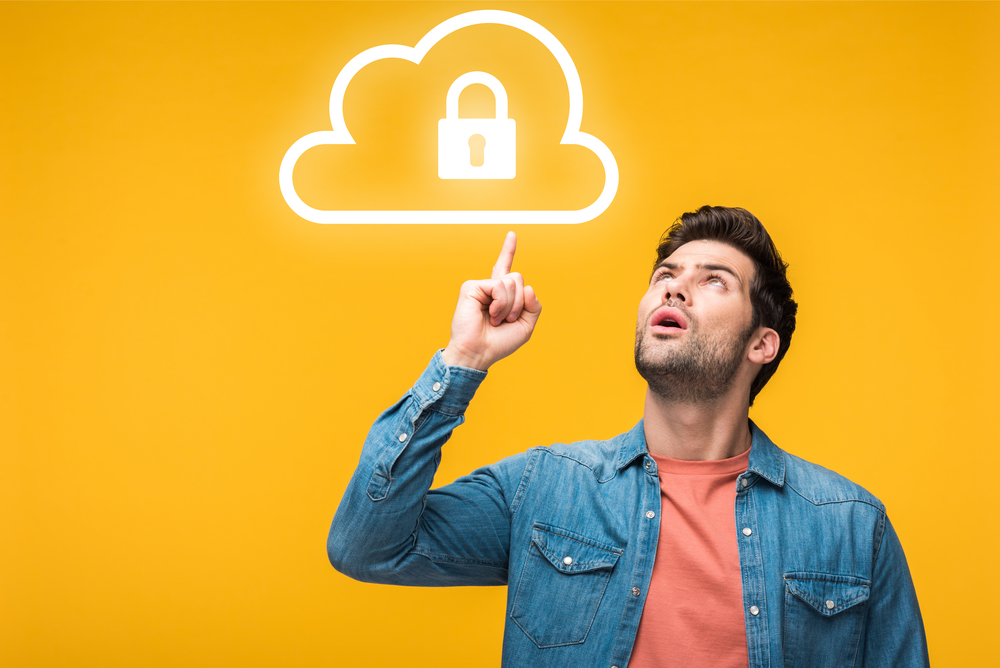In today’s digital landscape, businesses are increasingly relying on cloud computing to store and process their data. Cloud computing offers numerous benefits, such as scalability, flexibility, and cost-effectiveness. However, with the rise of cloud computing, security concerns have also become a major consideration. Businesses need to understand the security features and considerations of different cloud service models to ensure the protection of their data. In this blog post, we will explore the three primary cloud service models – Infrastructure as a Service (IaaS), Platform as a Service (PaaS), and Software as a Service (SaaS) – and conduct a comparative analysis of their security features.

IaaS: Securing the Foundation
Infrastructure as a Service (IaaS) provides businesses with the foundational building blocks of cloud computing. With IaaS, organizations have control over their virtualized infrastructure, including servers, storage, and networking. This level of control also means that businesses are responsible for securing these components.
One of the main advantages of IaaS is the ability to customize security measures according to specific needs. Businesses can implement firewalls, access controls, and encryption protocols to protect their data. Additionally, IaaS providers often offer security features such as intrusion detection systems and distributed denial-of-service (DDoS) protection. However, it is crucial for businesses to establish robust security policies and regularly update their systems to ensure ongoing protection.
In addition to these security measures, businesses should also consider the physical security of the data centers where their infrastructure is housed. Data centers should have proper access controls, surveillance systems, and disaster recovery plans in place to safeguard the infrastructure.
PaaS: Collaborative Security Efforts
Platform as a Service (PaaS) takes cloud computing a step further by providing a platform for developers to build, deploy, and manage applications. With PaaS, businesses can focus on developing software while the underlying infrastructure and security measures are managed by the provider.
When it comes to security, PaaS offers a collaborative approach between the provider and the customer. PaaS providers typically handle the security of the underlying infrastructure, including server and network security. They also provide tools and frameworks to ensure secure coding practices, vulnerability assessments, and identity management.
However, businesses using PaaS need to be mindful of their application security. While the provider takes care of the infrastructure, the responsibility for securing the application code and user access lies with the customer. It is essential for businesses to follow secure coding practices, regularly update their applications, and implement proper access controls to mitigate potential vulnerabilities.
In addition to application security, businesses should also consider the security of data transmitted between the application and the end-users. Implementing encryption protocols, secure communication channels, and robust authentication mechanisms can help protect sensitive data during transmission.
SaaS: Security in the Hands of the Provider
Software as a Service (SaaS) offers ready-to-use applications hosted by a cloud provider, eliminating the need for businesses to manage infrastructure or application development. With SaaS, security is primarily the responsibility of the provider.
SaaS providers invest heavily in security measures to protect their systems and customer data. They implement industry-standard security protocols, such as encryption, authentication, and authorization mechanisms. Additionally, SaaS providers conduct regular security audits and vulnerability assessments to ensure their platforms remain secure.
While SaaS offers convenience and reduced security management for businesses, it is crucial to consider potential risks. As a customer, you are entrusting your data to the provider, so it is essential to thoroughly evaluate their security practices and certifications. It is also important to establish clear data ownership and privacy policies to protect sensitive information.
In addition to evaluating the provider’s security practices, businesses should also consider the backup and disaster recovery capabilities of the SaaS platform. Regular backups, data replication across multiple geographically diverse locations, and well-defined disaster recovery plans can help minimize the risk of data loss and ensure business continuity.
Navigating cloud security requires a comprehensive understanding of the security features and considerations of different cloud service models. Infrastructure as a Service (IaaS) provides businesses with control over their infrastructure but requires robust security measures. Platform as a Service (PaaS) offers collaborative security efforts between the provider and the customer, while Software as a Service (SaaS) places security responsibilities primarily in the hands of the provider. By carefully evaluating the security features and considering the specific needs of their organization, businesses can effectively navigate cloud security and ensure the protection of their data.

